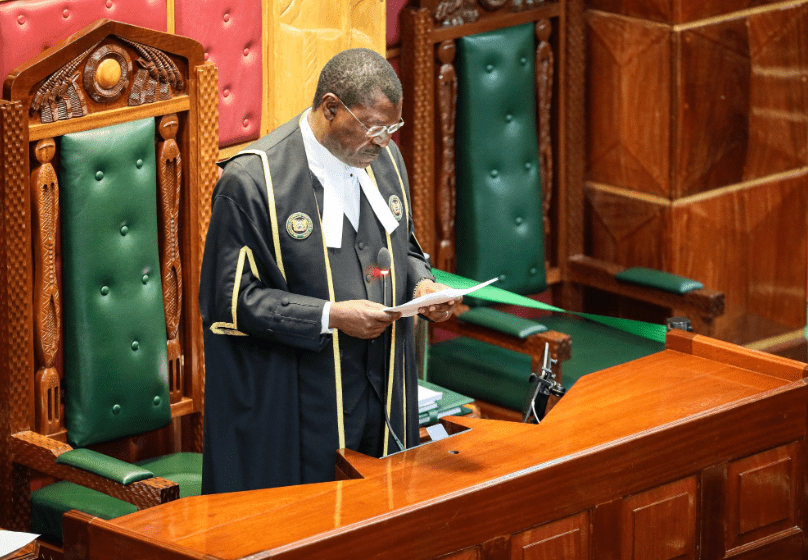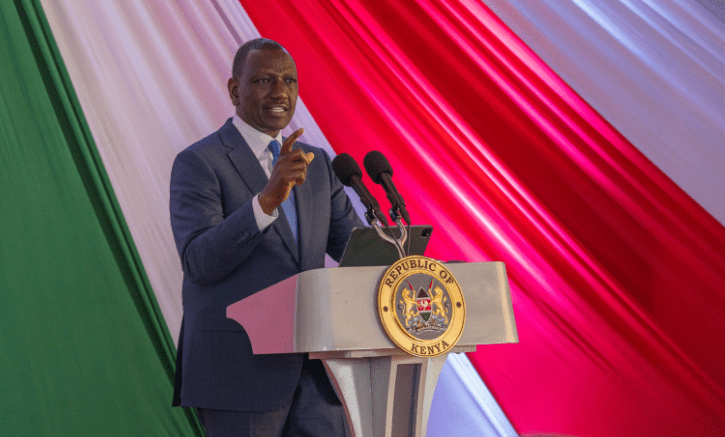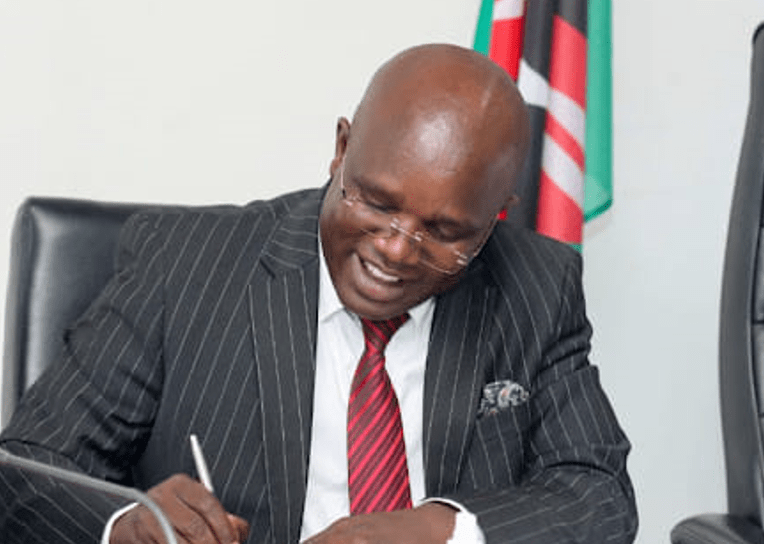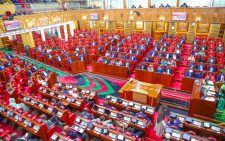President William Ruto has exercised his constitutional duty to nominate Kenyans he considers suitable to serve in his Cabinet. The Constitution requires that he submit the names of his nominees to Parliament for vetting and approval. Article 1 says that the powers exercised by Parliament are delegated by citizens. There has been a major contention whether the current Parliament takes instructions from the people that it is supposed to represent.
The dropping of the 2024 Finance Bill after deadly protests that claimed the lives of young protesters who invaded Parliament resulted from frustration revolving around the idea that MPs no longer listen to the people. The argument here is that they have been deleting people’s voices at the expense of a whimsical Executive.
There is an ominous sign this attitude will characterise the impending vetting of nominees to the Cabinet. Parliament stands accused of being a gleeful servant of the Executive and the ruling political elite. It is, however, our hope that the sobering events of the past one month present a moment of a reflection for MPs.
One of the most dynamic pillars of the Constitution is the demand for people participation in public appointments through petitions and memoranda to Parliament. This is a valuable tool that should be deployed at this critical moment when a mischievous political cabal appears to be ganging up against the public interest for self-preservation. This demands greater vigilance.
That is why we encourage that the vetting be guided by Chapter Six and Article 10 of the Constitution. These sections of the Supreme law embody our collective aspirations on leadership as a nation.
The national values and principles of governance include patriotism, national unity, sharing and devolution of power, the rule of law, democracy and participation of the people. Others are human dignity, equity, social justice, inclusiveness, equality, human rights, non-discrimination and protection of the marginalised.
Equally important is good governance, integrity, transparency and accountability. The supreme law requires that authority assigned to a State officer be exercised in a manner that demonstrates respect for the people, brings honour to the nation and dignity to the office. Chapter Six says the selection of State officers must be on the basis of personal integrity, competence and suitability. Even more crucial, the vetting should be done in a manner that respects the people.



















